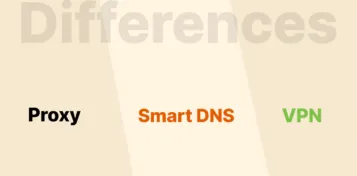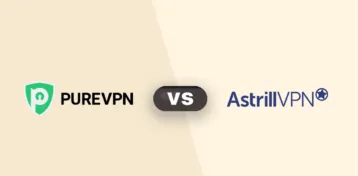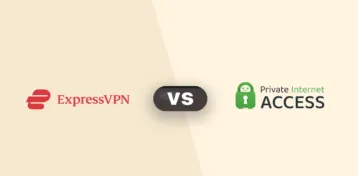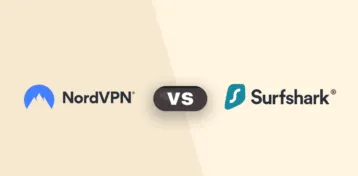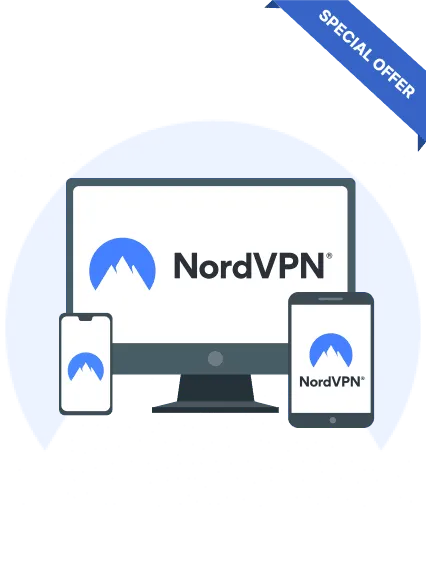Would you like to know, once and for all, if NordVPN is a better VPN service than PrivateInternetAccess (PIA)? We hear you! The thing with these two VPNs is that whenever you read an article or review about “the best five or ten VPNs for this and that,” both providers get mentioned very often.

We know because we’ve done that very often on this website. They are both popular VPNs, get good reviews, have many solid features, and have good reputations. But is there any meaningful difference between these two VPNs so you can tell one is definitely better? Keep reading because you’re about to find out.
Our staff earned their salt by seriously looking at both vendors regarding speed and performance, performance with Netflix and video streaming platforms, torrenting, several additional features, security, infrastructure, privacy policy, interface availability and usability, and customer support.
The general panorama
The table below quickly shows which provider wins on a particular forefront.
| Side by side | Which VPN wins |
|---|---|
| Customer support | A tie |
| Ease of use | A tie |
| Features | NordVPN |
| Price | PrivateInernetAccess |
| Protection | NordVPN |
| Speed | NordVPN |
| Streaming | NordVPN |
| Torrenting | A tie |
NordVPN is the biggest name in VPN-land, one would think, for a start. But let’s see how both services compare at a glance.
PIA’s server network is unbeatable in size. It has more than 30,000 servers in 84 countries. So this round would surely go to PIA, right? Well, not necessarily. NordVPN’s network isn’t exactly small, with more than 5,400 servers in 59 countries. However, that is more than enough.
For example, ExpressVPN is generally considered better than our two contestants today, and its network is smaller even than NordVPN’s. So, yes, the network is much more extensive with PIA, but functionality is what matters in the end.

Both VPNs stick to a strict no-logs policy. However, PIA’s policy was tested by fire when the local authorities (it’s based in the US) tried to force the VPN to surrender the user logs they had. PIA complied with the request by giving them everything it had–nothing at all.
We know that NordVPN hasn’t walked on fire on this issue, but that doesn’t mean it couldn’t. NordVPN is based in a privacy-friendly jurisdiction where the governmental interference typical of the US is impossible. However, NordVPN’s commitment to its zero-log policy has been tested through external audits (PricewaterhouseCoopers AG) and passed with flying colors.
Pricing leans towards PIA. If you choose the best possible deal, you can have a PIA account for 2.03 USD monthly, while 3.99 USD is the best you could do with NordVPN. So PIA’s costs only 62% off NordVPN’s fee. However, let’s not jump to conclusions yet. If NordVPN’s service is better than PIA, that price could still give you better value for money.
Both VPNs use the same tunneling protocols: IKEv2/IPsec, OpenVPN, and WireGuard. Except that NordVPN’s WireGuard implementation is called NordLynx. This is a meaningful difference beyond mere tags. NordVPN’s version of WireGuard is known to correct a few issues with the original code that make it harder to respect user privacy.
The video streaming unblocking department is vital, as it’s now the most popular use case for VPNs. Again, NordVPN takes the cake here. If a video streaming platform can be unlocked with a VPN, NordVPN can do it; it’s as simple as that. On the other hand, PIA can manage Netflix, YouTube, and Hulu, but not that much more.
Software support is basically the same for both vendors. Both support a Linux client, which is rare enough. And they obviously also provide apps or clients for all the big boys: Android, iOS, macOS, and Windows.
NordVPN allows for six concurrent connections, and PIA does ten.
Last but not least we consider the customer service department. PIA offers assistance through a knowledge base, a ticket system, and a live chat. NordVPN has all that, plus FAQs and email-based help.
So that’s the big picture, and you probably saw a pattern on every issue: at first glance, it always seems that PIA can either match or overcome NordVPN. But then, as you look closer and consider everything more carefully, it becomes clear that NordVPN is far ahead. But let’s not jump to conclusions yet; it’s time to get our hands dirty.
Bandwidth, speed, and performance
Before we start with the speed tests we did, we need to be clear: Internet speeds are very complicated. They depend on all kinds of stuff, from your ISPs, local weather, hardware resources, and many other factors. Hence, while you can trust that our figures are accurate, you need to remember that they are accurate for us. Your experience should be in the same ballpark, but it can never match ours precisely because you’re in a different country using different computers through another ISP, etc.
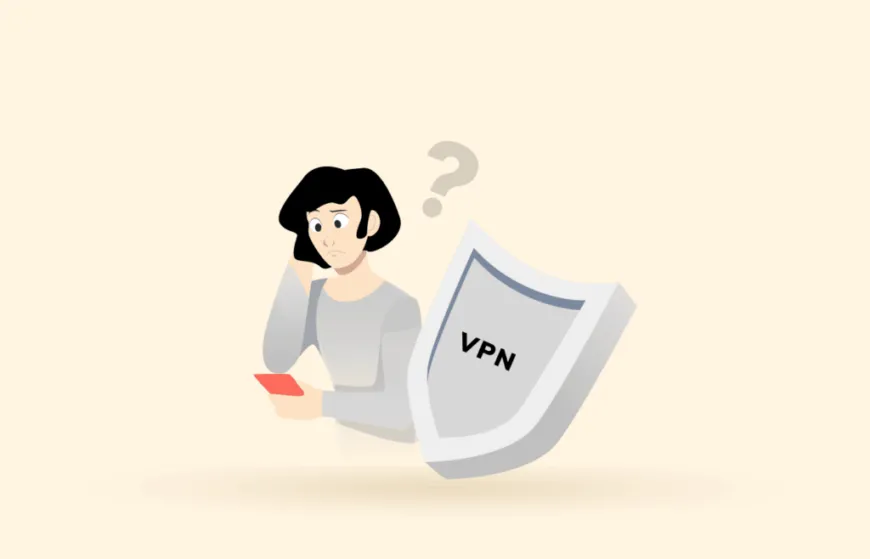
Another caveat: You undoubtedly know that any VPN will encrypt and redirect your traffic. That takes time and shows in the user experience through lower speeds. You’ll always pay a speed tax when you’re in a VPN, but you shouldn’t even notice it without taking measurements if your vendor is reasonable.
Since both VPNs support the WireGuard VPN tunneling protocol, we had the opportunity to compare speeds ideally and relatively using the same protocol. With NordVPN, we could retain the use of 79% of our download speeds and 41% of our upload speeds. PIA’s numbers were 41% and 51.3, respectively. So, NordVPN’s download speeds are much higher. PIA takes the price on the upload side of things, but only barely.
We started with the WireGuard protocol because it’s the fastest one. Then, we did the same with OpenVPN because it’s the industry’s standard. In OpenVPN, we had 10.8%/9.1% for download/upload in NordVPN and 10.9% / 12.5% in PIA. So, PIA wins the OpenVPN round.
The point in IKEv2 is not in speed but connection stability, so we didn’t bother to speed-test it. Besides, if you’re worried about the torrent speeds on your mobile while you’re away from home (which is the scenario for which IKEv2 is designed), you have other, more significant problems.
The verdict is for NordVPN. WireGuard works much better with it. It would be the protocol of choice for most users in stable conditions so that the result can make the most difference in practical terms.
Netflix, video streaming platforms, and all that jazz
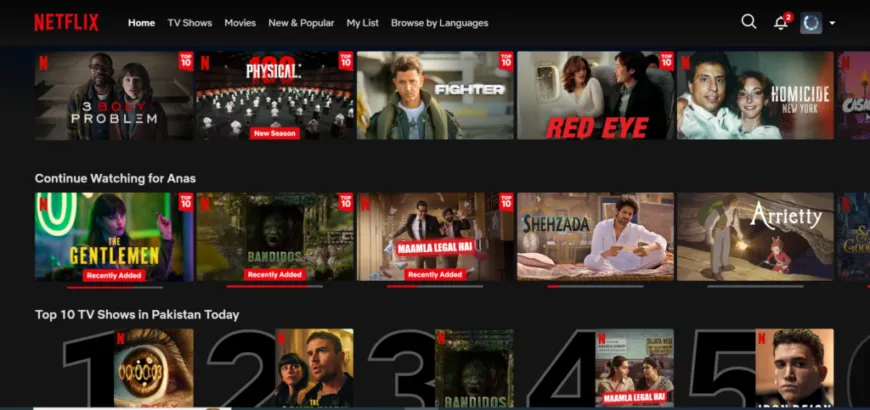
Nowadays, bypassing geolocation blocks in video streaming platforms is the VPN’s most popular use case. Security purists may hate this, but it’s a sign of the times. So, the real-life usefulness of any VPN in this context can be measured by the number of video streamers they can unblock.
So, we start with PIA and Netflix, which is the platform everybody seems to want. It did the job. But it was tricky, and the resulting connections were slow and incapable of supporting high-quality video. NordVPN worked fine, on the other hand, although we had to disable the custom DNS beforehand.
We continued with the BBC iPlayer, which NordVPN managed without problems. However, it was too much for PIA.
Next was DAZN. We don’t like DAZN much either, but it’s one of the most challenging video platforms to unlock. Consequently, PIA failed, while NordVPN did the job.
Last but not least, there was YouTube. Again, both VPNs worked fine with it, unsurprising since YouTube barely makes an effort in this department.
So, once again, the prize went to NordVPN. It can manage many more video websites and platforms than PIA. Even in the case when both VPNs worked, NordVPN was much better because it could handle high video resolutions, while PIA could not.
BitTorrent and P2P networks
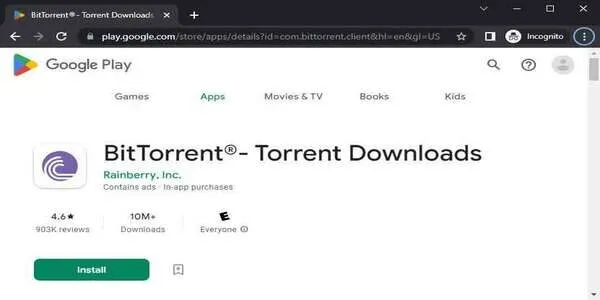
If torrents are your hobby, we have good news for you as both VPNs support torrenting and other P2P networks — some vendors don’t.
Within the PIA network, all the servers are created equal. So, if you want to launch your favorite torrenting client, all you need to do is to do it, and everything will work.
NordVPN approaches things differently. Its network has many standard servers but has several specialized servers (double, onion, dedicated IP, obfuscated, and P2P). The P2P servers are there to serve BitTorrent traffic.
But don’t worry. You won’t get punished if you start your torrent software within a standard server. In fact, everything will work fine, but as soon as the server figures out you’re torrenting, it will switch your link to one of the specialized servers.
Torrenting works fine in both services, subject to the speeds we reported in a previous section, depending on your chosen protocol.
And there’s more: if you don’t want to maximize your torrenting speeds at the cost of encryption, you can torrent your way through a SOCKS5 proxy –and both networks have one. Of course, you have to fiddle with your client’s preferences with that option, but you can skip the VPN app. That means your traffic will become plain (unencrypted), and the velocity tax will be zero.
So, both VPNs win the torrent round. Yes, NordVPN will be faster because that’s how it is in downloads over WireGuard in general, but since you can skip the tunnel altogether, you can have matching performances from both vendors.
Additional features
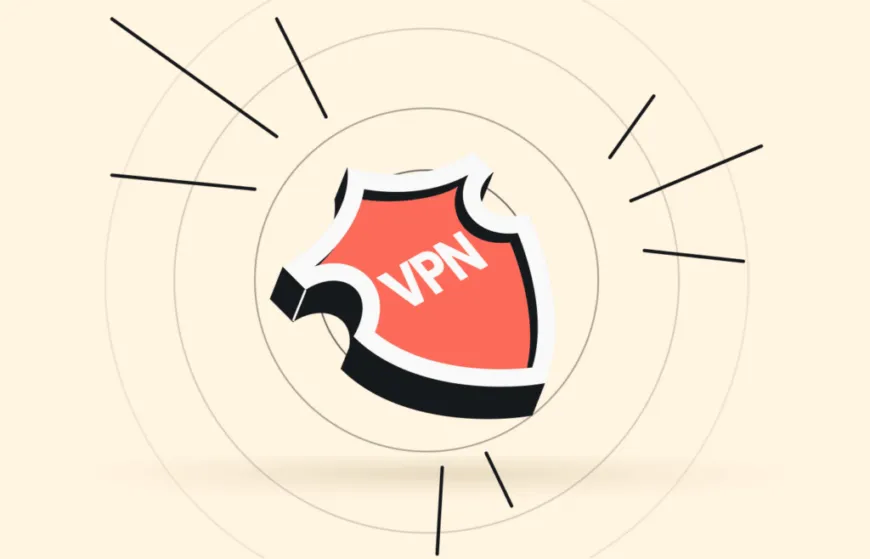
VPNs are supposed to do two things only to deserve their name: encryption and IP spoofing. However, almost every premium VPN we know offers additional features that increase value for money and make their service more useful. Both PIA and NordVPN offer plenty of extra things, so let’s see how they do in that regard.
Split tunneling
VPN split tunneling is a feature that allows you to choose which apps go through the VPN and which can remain active in the open traffic of your regular ISP connection. That is useful, for instance, when you need to retain access to your work’s internal network that will only accept links from known addresses,
Both VPNs offer split tunneling, and they implement it in a very similar way. Since this feature is not overly sophisticated, we expected it to work fine in either option. But it didn’t.
NordVPN’s split tunneling is perfect. It does what it’s supposed to do. We had a bit of a problem with PIA, though. We had a virtual machine running on our protected computer, and we found that PIA didn’t cover it. Other apps worked fine, but this is a red flag because you’ll need to protect your chosen options to remain inside the VPN tunnel, or your IP will leak.
Web filters
The web has no shortage of websites devoted to distributing malware. Both vendors aim to provide a safer web experience by filtering known malicious websites through their DNS servers.
The features are called “mace” by PIA and CyberSec by NordVPN. Both work fine but are imperfect; many potentially risky ads still go through. But we can’t begrudge that to either VPN because it’s as good as it gets in the industry.
Dedicated IP
The dedicated IP feature gives you the same IP address whenever you connect to the network. Unfortunately, the standard service doesn’t include this feature in either VPN, so you must pay an extra fee if you want this.
Having a dedicated (or static) IP address saves you the trouble of using recycled addresses. So you don’t get as many captchas, and you don’t have to keep paying the consequences of the actions of previous users. It will also increase the probability that you will unlock some services.
PIA offers IP addresses from Canada, the UK, Germany, and the US. NordVPN from France, the Netherlands, Germany, the UK, and the US.
If you need a static address, you need to know this before paying for it: As long as you keep using the same server in the network, NordVPN will always assign you the same IP. So you already have a static IP address of sorts with that provider.
Other additional features
PIA supports port forwarding, and NordVPN doesn’t. However, it is good to have if you want to tweak your torrents for maximum performance. The thing with PIA is that it will assign you a forwarded port randomly. Then, you’re stuck with it and must configure your network to use that same port. It is a bit of a pain, making this feature less flexible. And it doesn’t work with every server. The US servers can’t handle this, which is an additional problem since many users want a VPN to unlock US-based services.
NordVPN has a smart play feature that allows you to unlock most streaming services without your VPN app or client.
In response, NordVPN boasts SmartPlay technology that lets users unblock streaming platforms without VPN software. That means you do not need to worry about whether your device will be compatible with a VPN client.
As we mentioned before, NordVPN has several specialized servers. The Onion servers are TOR navigation. The Double servers are for multi-hop connections. The dedicated IP servers are for users with static addresses. Finally, the obfuscated servers offer traffic obfuscation to make all the traffic look like secure web traffic.
Another feature exclusive to NordVPN is DarkWeb monitoring. This feature will let you know if any sensitive information about you has reached the web’s darkest places.
Security
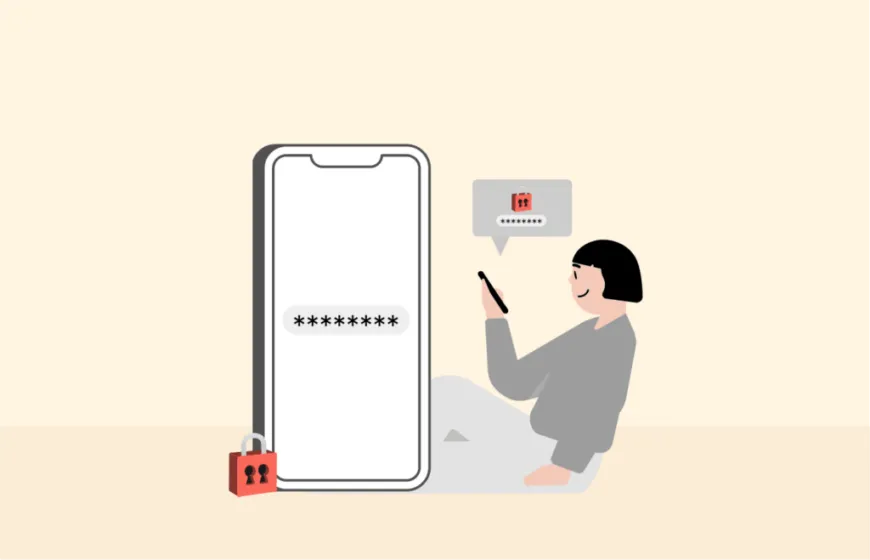
The security features have to do with the encryption capabilities of a VPN (privacy is a different matter; it has to do with policy). It’s the bread and butter of any VPN, the one trick they’re all supposed to perform perfectly. So, it surprised us to find out that PIA’s security leaves some room for improvement.
Both VPNs use AES encryption, the industry standard for VPNs and military and intelligence agencies worldwide. So far, so good.
However, AES admits several implementations, and the encryption algorithm is insufficient- you need a hash too.
NordVPN uses AES-256-CBC along with an SHA-512 hash. Until quantum computers arrive, this is the safest encryption standard known. PIA is a different thing. It uses AES-128-CBC with an SHA-256. And this is the problem. AES-128 is but AES-256 with keys that are half as long.
While this could sound limiting, AES-128 is still 100% secure, with no successful attack technique known, so it’s enough to keep your traffic safe. The hash, SHA-256, will not. It’s a hash with known vulnerabilities and known successful attacks. The US government banned it in 2010 for use with classified materials.
So, is this security problem with PIA a deal-breaker? No. You can solve this problem quickly by choosing the “strong setting” over the “default setting” in your app. And that will do.
So, both VPNs can give you the security you need. However, NordVPN does it out of the box and has other advantages.
Infrastructure
Most reviewers focus on a VPN’s software choices (encryption and hashing algorithms, for instance). However, software needs hardware to run, and it’s ultimately the hardware that performs -or doesn’t. And when you’re in the VPN business, hardware choices can have more profound consequences.
NordVPN is in the process of turning every server in its network into RAM-ONLY machines. Thus, the network will include no magnetic hard drives, making it impossible to keep logs.
A word about logs: all the server software creates logs for every operating system. Log creation is hard-coded into all the server software because it’s needed for diagnostics and administrative tasks. So when your VPN says it keeps no logs, it doesn’t mean there never was any log created in each server.
Instead, it means that it got deleted as soon as possible. And this is why RAM hard drives are essential. You can delete all the logs from a standard magnetic hard drive. But you can also recover them if you do the work. The RAM-ONLY network gives every server an insane-performing speed. Still, it also makes it physically impossible to recover logs, thus bringing credibility to the company’s privacy policy.
ExpressVPN, PIA’s sister service (also owned by Kape), is moving all its servers into the RAM zone. But PIA hasn’t announced in that regard so far as we know.
So NordVPN’s infrastructure is superior by far, as it has the VPN’s priorities at heart from the very design, while PIA’s remains conventional.
Privacy and log-keeping

NordVPN’s headquarters is in Panama. It’s not just a tropical paradise; it’s also a privacy-friendly jurisdiction whose government is not in any Fourteen, Nine, or Five Eyes alliances. This means no data retention laws, no systematic government surveillance of the population, and seizing a user’s data always needs an official warrant.
PIA, on the other hand, is in the US. While the US is not equated in the Western popular mind with the repressive measures of China, Russia, or North Korea, Edward Snowden made it clear that it does indeed keep a surveillance infrastructure and practices that would make Stalin blush with shame.
The US is the heart and soul of the Three Eyes Alliances, and the Patriot Act remains legal, always threatening every citizen’s privacy.
In other words, you can hardly find a worse place to start a VPN than the US because the whole environment is against you on almost every privacy issue.
So, let’s talk about privacy. It’s not a technical issue like security. It’s all about human decisions in corporations and coded in a service’s privacy policy and practice. Therefore, no algorithm, piece of software, or hardware can ensure privacy for users.
Your privacy is all about what your vendor does with your data in the VPN industry. We always want providers who keep no logs and do not sell your information to anybody else–this is why we hate free VPNs.
NordVPN has a very clear and transparent privacy policy. External firms have audited it several times, and it’s come out on top every time. It states a policy, and it follows it.
And what about PIA? Well, few VPNs have walked the walk in the way PIA has. It’s been required to give up its logs many times by US authorities for various reasons. However, it’s proven that it has kept nothing it could share with the authorities each time. So, even despite the hostile environment for privacy in the US, PIA manages to do as it says.
So, at present, both options are excellent regarding privacy. But let’s think ahead.
PIA’s policy is somewhat murky about sharing data with third parties, and it’s still based in the US. NordVPN is out of the line of fire, and it’s rebuilding its physical assets in alignment with maximal privacy concerns.
So, PIA’s commitment to user privacy is a matter of leadership. What would happen if a CEO changed his mind in the future?
NordVPN is acting so that even the wrong leadership decision can’t hurt an individual’s privacy.
So yes, both VPNs are good for privacy, as things stand right now. But it would seem that the future belongs to NordVPN.
Pricing
| Plan | Private Internet Access | NordVPN |
|---|---|---|
| Monthly | $11.95 | $11.99 |
| One year | $3.33 | $4.99 per month |
| Two years | N/A | $3.29 per month |
| Three years | $2.03 | N/A |
NordVPN has a monthly plan, a yearly, and a bi-yearly plan. PIA has no bi-yearly plan, but you can go for three years.
Let’s take the shortest plan. The monthly fees for NordVPN and PIA are 11.99 and 11.95 USD, respectively, almost the same. But NordVPN will give you more bang for your buck.
Let’s consider the yearly plan now. Here, PIA is 3.33 USD monthly, with NordVPN at 4.99, so NordVPN is more expensive.
Neither option has free service, but they both have a 30-day money-back guarantee.
So, PIA is the more affordable option. But not by much.
Ease of use, interfaces, platforms
Both VPNs support Windows, macOS, iOS, Android, and Linux–Linux support being something of a rarity in the industry. Both also have apps for Android TVs and Amazon Fire devices. Then NordVPN has an extra point for supporting Kodi, which PIA doesn’t.
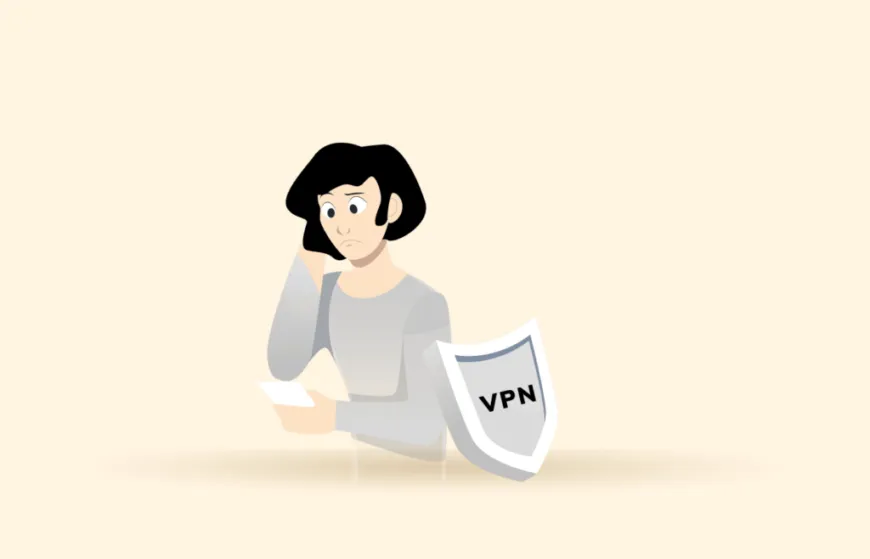
Both providers have extensions for Chrome and Firefox in the browser plugins or extensions department, but only PIA supports Opera.
Your PIA account is suitable for ten concurrent connections to the network, while NordVPN allows only six.
The apps for each VPN have a different approach. PIA is simple, friendly, and minimalist but works well. NordVPN features more options and is more functional, but a VPN newbie would be more comfortable starting with PIA.
So, the winner in this category is the one that fits your purpose best. If you need something simple and powerful, it’s PIA. If you’re geekier and want more things to play with, it’s NordVPN.
Conclusion
PIA and NordVPN are both among the best VPNs in the market. They provide superior functionality and additional features and are very popular with users. However, there’s no doubt that NordVPN offers the best service.
PIA’s server network is enormous, but NordVPN’s smaller one offers better speeds, RAM-only servers, more reliable connections, specialized servers, and better encryption.
And if PIA is more affordable than NordVPN, the difference is negligible, especially when you realize that a few cents more will buy you a much better service with NordVPN.
FAQs
No. PIA is excellent, but NordVPN is better in any parameter that matters.
Yes. NordVPN’s superior velocity is especially evident for download speeds using the NordLynx protocol.
Yes, it is. It’s a versatile, friendly, active, and complete VPN service.
Yes, they are good VPNs if you care about privacy at the time. But things could change in the future.
NordVPN is ensuring that respect for user privacy becomes hardwired into the service. At the same time, PIA lags behind and still depends on leadership decisions to uphold the privacy policy.
PIA’s default encryption is AES-128 instead of the industry standard of 256 bits. So, in a sense, it is below par. However, every test and audit regarding AES-128 has found nothing to suggest that it’s any more vulnerable than its 256-bit version. This problem is relevant only if you choose to keep the default encryption options in PIA; if you move the stronger setting, your encryption and hashing algorithms will be up there with the best in the industry.
